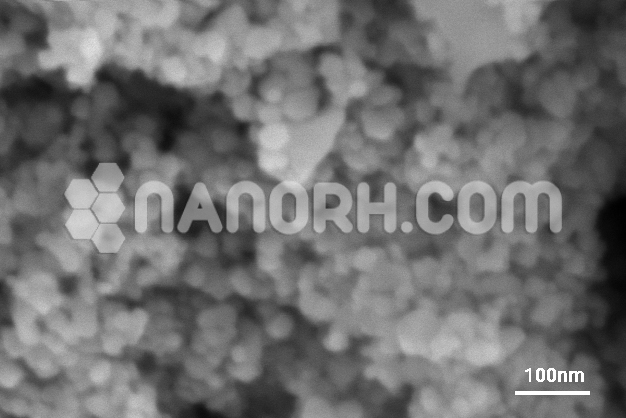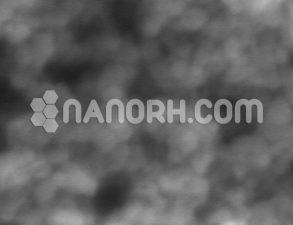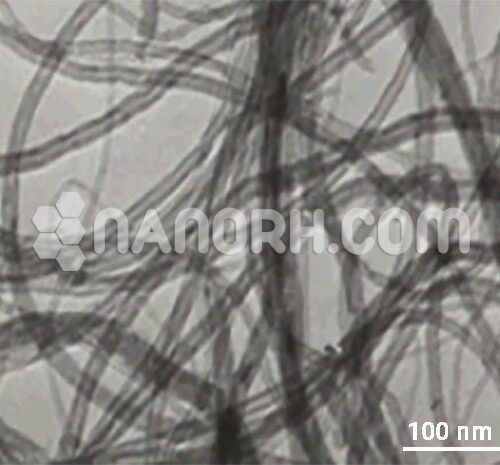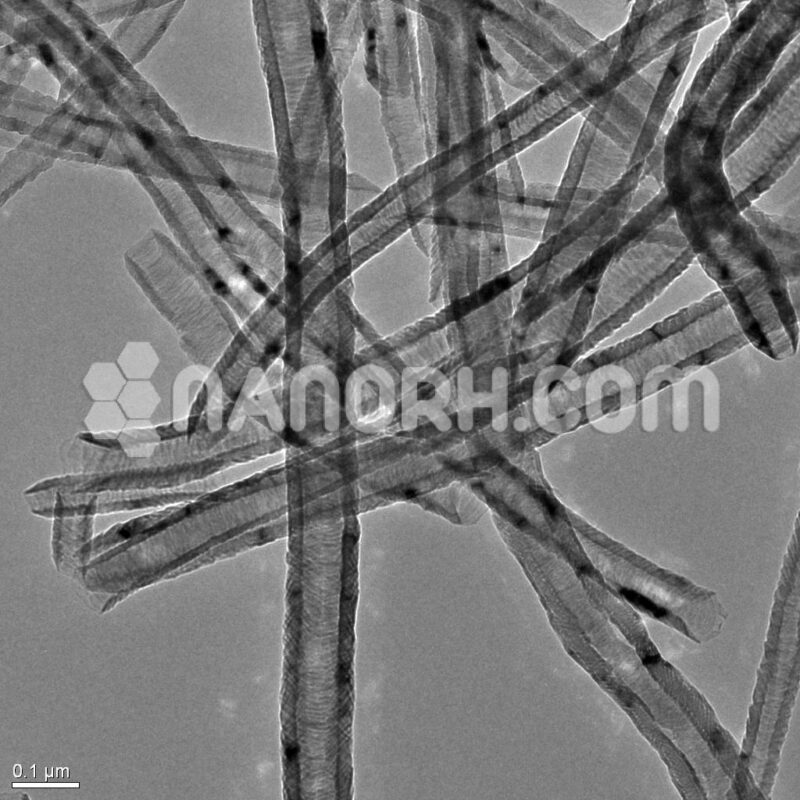Cobalt Oxide (Co3O4) Nanoparticles / Nanopowder 20wt% NMP Dispersion (Co3O4, 99.9%, 15nm)
Insoluble in water. dissolve slowly in alcohol or ammonia solution. Soluble in dilute acids, NH4Cl, (NH4) 2CO3, potassium cyanide solution. Under high temperature, copper oxide meet with hydrogen or carbon monoxide, can restore copper metal. Nano-copper oxide is a widely used material. It has been applied to the catalyst, superconducting materials, thermoelectric materials, sensing materials, glass, ceramics and other fields. In addition, the nano-copper oxide can be used as rocket propellant
| Cobalt Oxide (Co3O4) Nanoparticles 20wt% Water Dispersion | |
| Product No | NRE-23019 |
| CAS No. | 1308-06-1 |
| Formula | Co3O4 |
| Molecular Weight | 240.7972 g/mol |
| APS | <15nm (can be customized) |
| Purity | 99+% |
| Color | dark brown |
| Density | 6.07 g/cm³ |
| Solvent | Water (as per requirement) |
| pH | NA |
Cobalt Oxide Nanopowder Dispersion Dispersion
Exposure to air, easy to absorb moisture, but does not generate water compounds. It is soluble in nitric acid. When heated to above 1200 oC, the nano-cobalt oxide will be broken down into sub-cobalt oxide. In the hydrogen flame, a nano-cobalt oxide is heated to 900 oC, it will be transformed into metal cobalt. Cobalt(II, III) oxide is a chemical compound with the formula Co3O4. It is a black solid, and a mixed valence compound, containing both Co(II) and Co(III) oxidation states. It can be formulated as CoIICoIII2O4 or CoO.Co2O3. Cobalt(II) oxide, CoO, converts to Co3O4 if heated to around 600-700 °C in air. Above 900 °C, CoO is stable.
Cobalt Oxide Nanopowder Dispersion Applications:
Catalysis, superconductors, ceramics and other fields as an important inorganic materials; As catalyst and catalyst carrier and the electrode active material; For glass, porcelain colorants and pigments; Chemical industry oxidant and a catalyst for organic synthesis; Senior goggles and other filter materials; Carbide; Temperature and gas sensors; For the semiconductor industry, electronic ceramics, lithium ion battery electrode materials, magnetic materials; Electrochromic devices; Enamels; Grinding wheels; Heterogeneous catalysts; Solar energy absorbers…..




